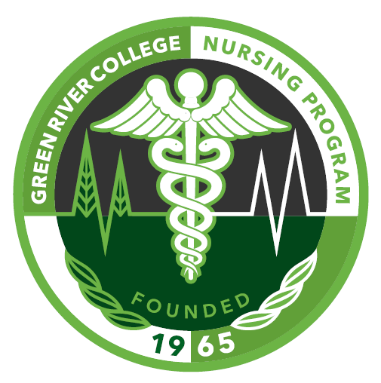About ER Room and PCT Certificate
This course is designed to prepare you for a dynamic and rewarding career in one of the most fast-paced and high-pressure areas of healthcare—emergency medicine. As an ER PCT, you will be at the forefront of patient care, providing vital support to medical teams, assisting with diagnostic procedures, and ensuring the comfort and safety of patients in urgent need of care.
Certificate Option

ER Room and Patient Care Technician Certificate
Length of Program: 30 credits
Average Salary: $41,761
Career Outlook
The emergency room is one of the most essential and fast-paced environments in medicine, and qualified PCTs are needed now more than ever. With the growing demand for healthcare professionals, particularly in emergency care settings, the job outlook for PCTs is strong and continues to grow.
Job Growth:
The healthcare industry, especially in emergency care, is expected to experience steady
growth over the next decade. According to the U.S. Bureau of Labor Statistics (BLS),
jobs for healthcare support roles, including Patient Care Technicians, are expected
to grow by 8% over the next 10 years, which is faster than the average growth for
all occupations. This growth is driven by an aging population, an increased need for
emergency services, and advances in medical technology.
Job Opportunities:
As a certified ER PCT, you will be qualified to work in a variety of healthcare settings,
including:
- Hospital emergency rooms
- Urgent care centers
- Trauma centers
- Ambulatory care clinics
- Ambulance or emergency medical services (EMS)
While many PCTs work in hospital emergency rooms, your skills are also transferable to other healthcare facilities where patient care and monitoring are needed.
Salary Expectations:
The median annual salary for Patient Care Technicians typically falls between $30,000
and $45,000, depending on experience, location, and the healthcare facility. In some
areas, PCTs working in emergency rooms may earn slightly higher wages due to the demanding
nature of the work. With additional experience and certifications, such as advanced
cardiac life support (ACLS) or specialized emergency room training, you can increase
your earning potential.
Advancement Opportunities:
Starting as an ER PCT provides you with numerous pathways for career advancement.
With additional training or certifications, you can pursue roles such as:
- Emergency Room Technician (ERT)
- Medical Assistant (with additional certification)
- Emergency Medical Technician (EMT)
- Nursing Assistant or Registered Nurse (RN) (via further education)
- Healthcare Supervisor or Lead Technician in the ER
- Medical Technician or Specialist in other areas like phlebotomy or radiology
Many PCTs use their experience in the emergency room as a stepping stone to further their careers in nursing, emergency medical services, or other specialized medical fields.
Job Stability and Security:
The healthcare industry is considered recession-proof, and demand for emergency care
professionals, especially in emergency rooms, remains strong regardless of economic
conditions. The skills you develop as an ER PCT—patient care, quick decision-making,
and emergency response—are always in demand, providing job security and long-term
stability.
View the Career and Program Explorer

Certificates
An overview of the nursing programs offered at Green River College, including details on structure, coursework, and program duration.
Funding Opportunities
An exploration of financial support available to nursing students, including scholarships, grants, and other financial assistance options.
Advising
Our team works with you to explore career options and develop a plan to achieve your academic and professional goals.
Academic Support
The Master Achiever Center (MAC) provides advising and support for students in programs such as Transitional Studies (TS), GED®, High School 21+, English Language Learners (ELL), and I-BEST, helping them navigate their educational journey and transitions.
Open Doors provides students without a high school diploma a variety of new options to achieve their educational goals.
Program Admissions
Guidance and information on the application process, admission requirements, and steps to enroll in Green River College’s nursing programs.
Current Students
Resources, information, and support for students currently enrolled in nursing programs at Green River College, including access to student services and academic support.
Resources